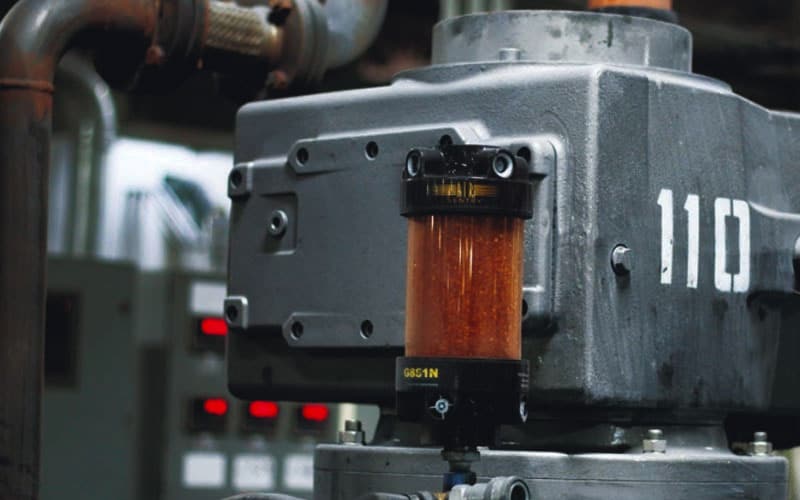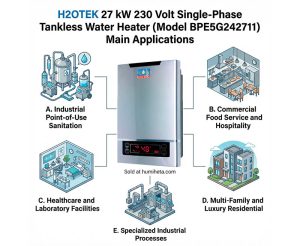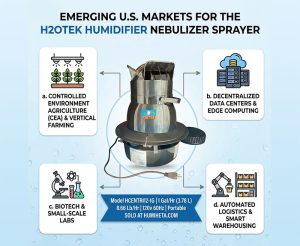One of the most common business problems is the winter season and the respiratory conditions that come with it. That is, it directly impacts the economy due to absenteeism and staff turnover, and yes, this is magnified when there are no optimal atmospheric conditions in the work environment.
In cold weather, it is normal for the population to suffer from certain respiratory problems, such as sinusitis, a condition of the soft tissues of the sinuses. This leads to pain problems, risks of contracting viral diseases, bad breath, secretions, and many other ailments. This can be magnified in places prone to atmospheric saturation and low temperatures.
Companies must ensure a breathable environment in all aspects, for the health of their employees. Therefore, industrial dehumidifiers are excellent for balancing thermal conditions in all aspects.
The bad thing is that rhinitis and sinusitis can be misdiagnosed due to the similarity of symptoms. If the pain is more intense than normal, and yellowish secretions are also present, then it may be sinusitis, which must be treated with drugs. The otolaryngologist must give the treatment, depending on whether the sinusitis is acute or chronic.
Infections by bacteria and viruses are also triggers of sinusitis, and when these pathogens are present, it means that the place in question does not have very good hygiene or a good microclimate that benefits everyone. Therefore, workplaces must have the best systems to generate the best environment, through industrial desiccants for atmospheric saturation control.
Likewise, allergies in the body can be the cause of rhinitis and sinusitis, not to mention that tobacco is also a preponderant factor. Clean air laws must be clear in any business environment. Attention must be paid to regions with large climatic fluctuations, where high and low temperatures occur throughout the day. All these changes harm the respiratory tract, and when high humidity is present, then dehumidification must be a priority.
Some people are more susceptible to climatic changes there is a term called ‘allergy to cold’. This is very real, where patients every year have to go through this condition as soon as the winter period has begun. In this sense, heating and other air conditioning mechanisms must be at their point, such as industrial desiccants.
The most acute diseases of this type occur due to being constantly exposed to other pollutants, and these conditions in the body could last up to weeks. Therefore, diagnosis is important, to check the respiratory tract and the nose itself, and thus determine if it is more of an allergic condition or something seasonal. It is also normal for the specialist to ask the patient to stop being exposed to a certain place that could trigger sinusitis or rhinitis, so places of recreation and work have to be in the best conditions, for the good of employees and civilians.
Humidity is a cause, and if this is combined with cold, then the situation could get even worse. Patients with sinusitis will be forced to control their environment more effectively, with good air conditioning and hygiene. Likewise, they can urge their employers to have better mechanisms that help breathe clean air, after all, the company microclimate often determines the work productivity of employees.
Generally, the humidity ranges in homes and home environments can be between 20% and 60%. But when it comes to maintaining nasal health to avoid sinusitis and other diseases, the range expands even more, between 35% and 45% relative environmental humidity. In this sense, the use of industrial dehumidifiers is essential to keep all business areas in perfect condition.
But not everything involves the use of environmental dehumidification or drying, because ventilation is another parameter that determines the aforementioned situations. Through adequate natural ventilation, the use of air conditioning or heating is minimized, knowing how to take advantage of the currents throughout the day, and having a stable indoor climate.




